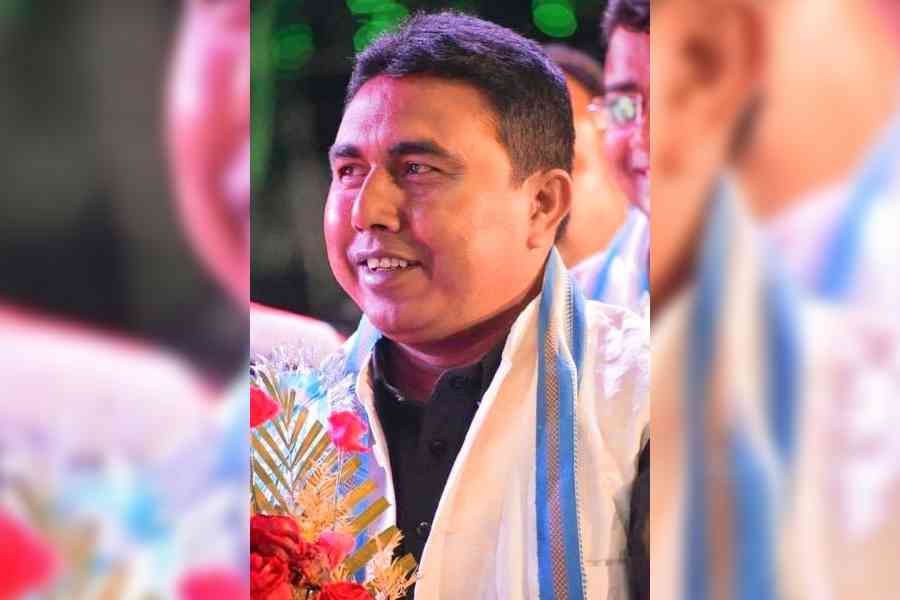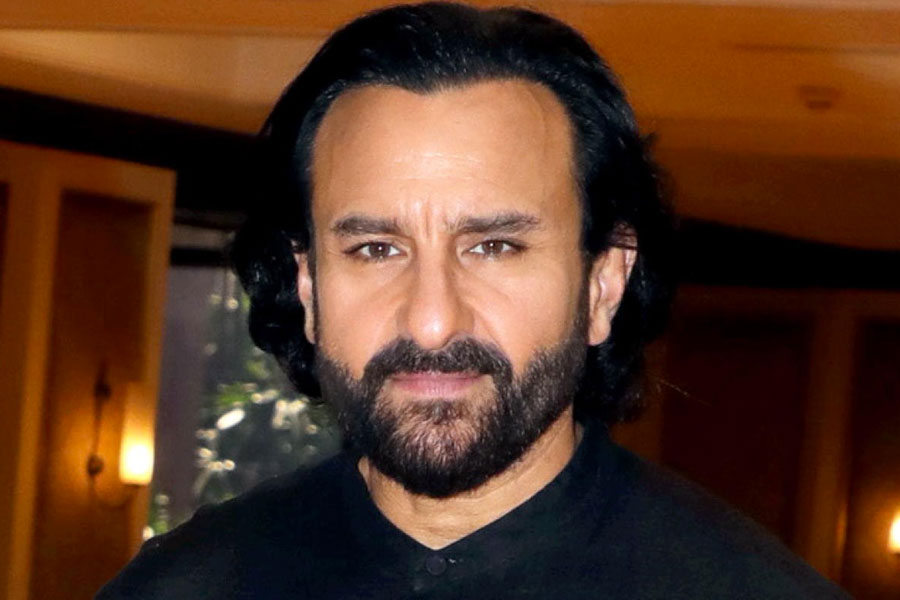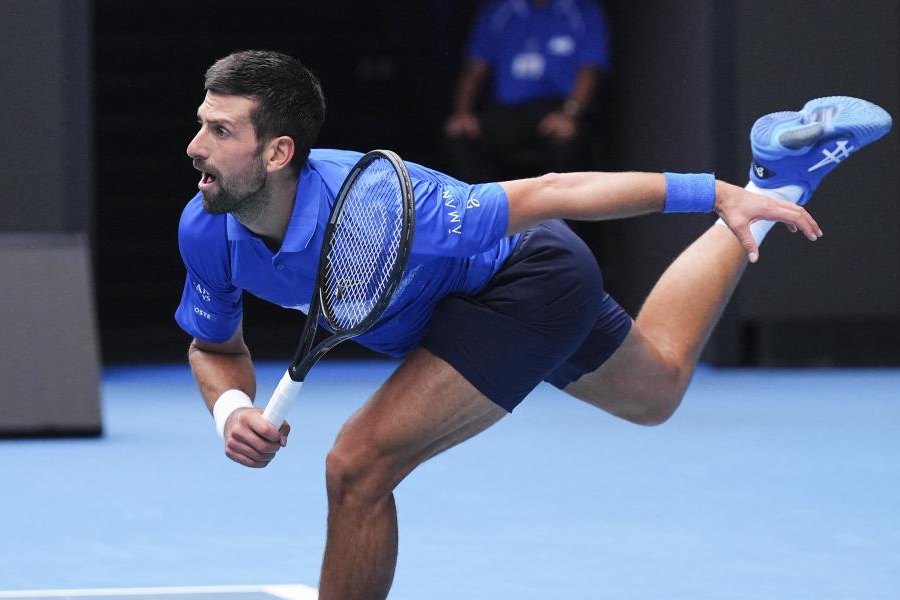The Supreme Court on Monday dismissed the Bengal government’s plea challenging Calcutta High Court’s March 5 direction for a CBI probe into the Sandeshkali violence, telling the state that “You did not do anything for months, will not interfere”.
Justice B.R. Gavai who headed a two-judge bench rejected an argument by senior advocate Abhishek Manu Singhvi for the Bengal government that the high court directions were not confined only to the allegations of violence, land grabbing and sexual assault by local TMC strongman Sheikh Shahjahan.
Singhvi submitted that while the state was not opposed to the directions for a probe into the violence by the local leader, the directions were omnibus in nature as they related to even the “ration scam”.
He said the high court had passed the blanket directions for probing into 43 FIRs which were unrelated to the violence, prompting the Supreme Court bench which included Justice K.V. Viswanathan to say: “But all these FIRs are from Sandeshkali! And you don’t do anything for months.”
The bench while dismissing the state’s plea, however, clarified that the CBI would proceed with the investigations uninfluenced by the observations made by the high court.
Earlier in its special leave petition, the state had termed the high court’s directive as “perverse, illegal and arbitrary” and “deserves to be set aside”.
According to the Bengal government, the high court’s order rendered the State Government “remediless, while negating the concepts of federalism, where without any material on record, and basis on surmises and conjectures as well as a media trial being conducted the… Division Bench has, on its own accord, mixed several issues to pass the Impugned Order, which is factually and legally incorrect”.
The state has argued that the division bench while passing the directive had ignored several parameters/guidelines, passed by the Supreme Court in several earlier judgments for the transfer of investigation from State Police to CBI according to which:
The power to transfer an investigation must be used “sparingly” and only “in exceptional circumstances.”











